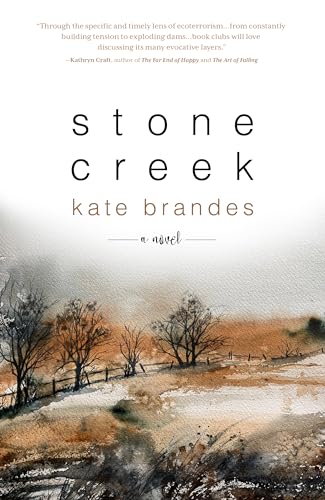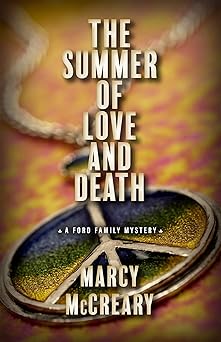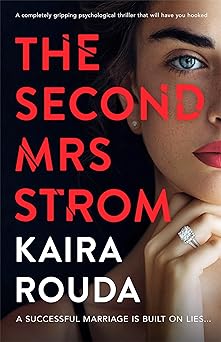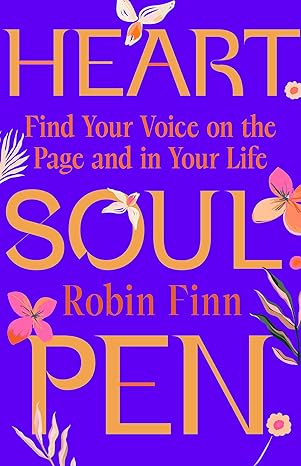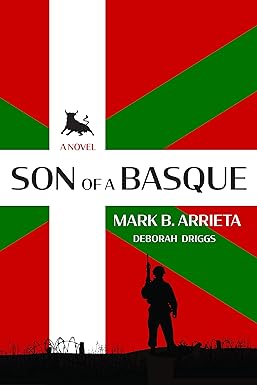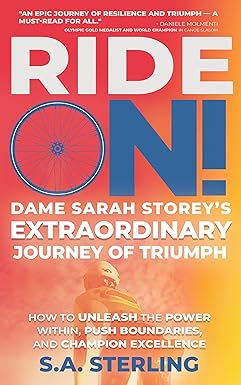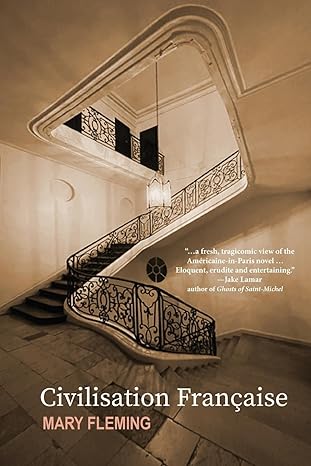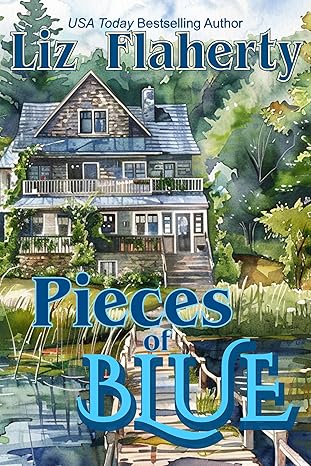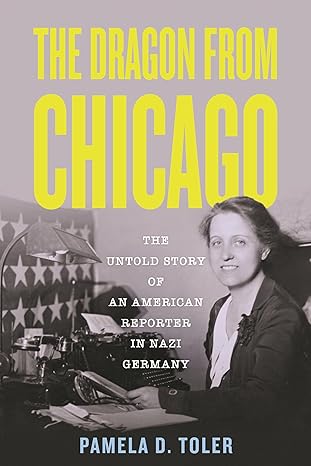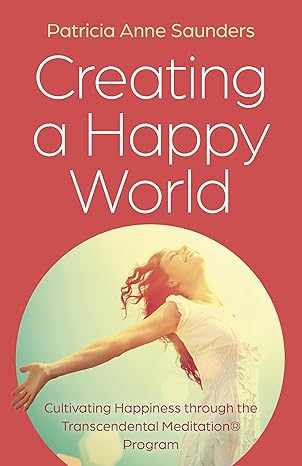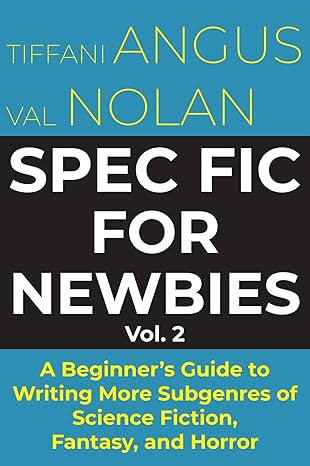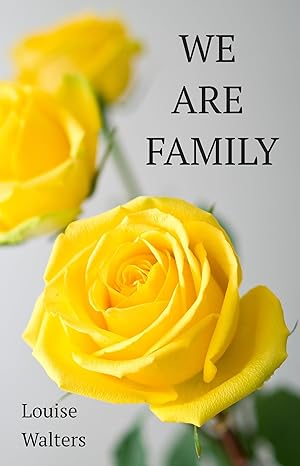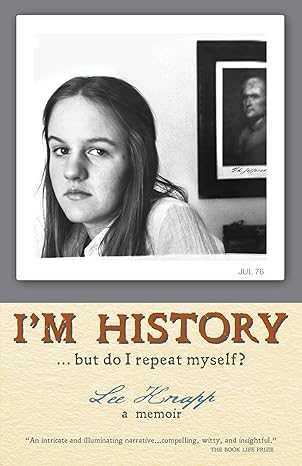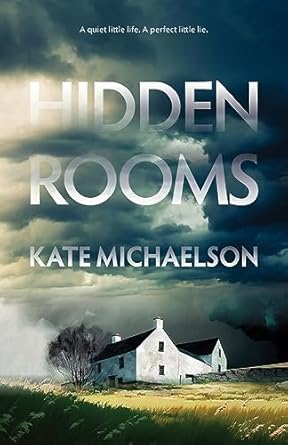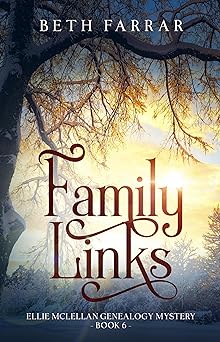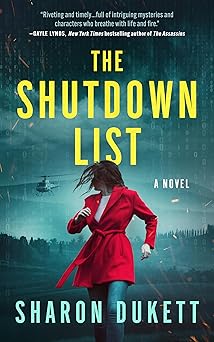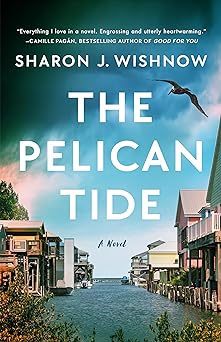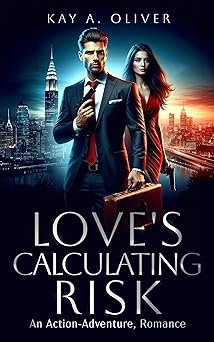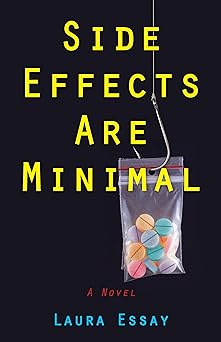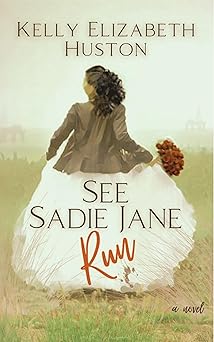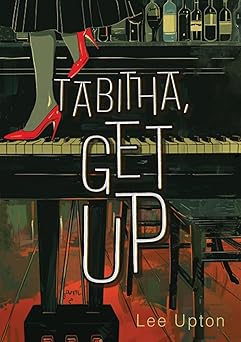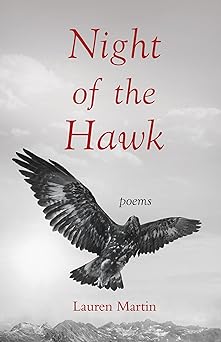CALL YOURSELF A WRITER
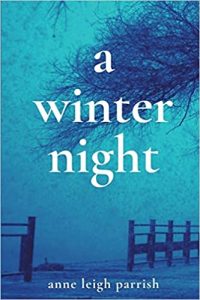 I recently took part in a virtual author event with two other women writers. Let me say how much I have come to appreciate the magic of Zoom video conferencing, aside from not having a paid account which meant getting dumped off the call after forty minutes. No problem, everyone, including the audience, was able to log back in. The three of us spoke about our work, read a short portion, talked some more and took questions from the viewers.
I recently took part in a virtual author event with two other women writers. Let me say how much I have come to appreciate the magic of Zoom video conferencing, aside from not having a paid account which meant getting dumped off the call after forty minutes. No problem, everyone, including the audience, was able to log back in. The three of us spoke about our work, read a short portion, talked some more and took questions from the viewers.
Many of these questions were about craft—how we came up with our ideas on what to write about, for instance, or the different mindset an author might need to go from writing stories to writing novels. These are good, meaty questions and sparked a good, lively discussion. I love learning how another writer views her process. We all go about this in a different way.
One person asked if I ever suffered from imposter syndrome, meaning, I suppose, if I ever felt I wasn’t really a writer. My answer was not now, but at one point yes, I did.
The change came from within, not from without.
The world didn’t tell me I was a writer, I told myself.
But how this happened wasn’t so quick and easy.
As a child, I wanted to be a writer, but that ambition gave way to playing the piano. The dedication, an obsession really, to practice and perfect those pages of Bach, Beethoven, and Brahms, really helped me focus on fiction when that time came. And it came after college, after graduate school, in the middle of working at a job I deplored, answering the telephone for the local gas company. I wanted to write, and that was all there was to it. So I wrote, or at least tried.
Early efforts are often clumsy and horrible, and mine were, too. The struggle with the page was one thing, the struggle with myself, or specifically how people viewed my endeavor, different and much worse.
I was asked a question from someone at my husband’s work-place party: “And what do you do?”
“Well, uh, I’m doing a little writing.”
A couple of years later, this exchange:
“What do you do?”
“I’m writing.”
“Oh, what have you published?”
“Nothing.”
There followed a benign expression which said, “You poor, deluded girl.”
One day, I called myself a writer when someone asked what I was, or did, or how I spent my time. I still had to be honest on the subject of not being published. I later had a discussion with someone about when one became a “real” writer. Was it when they became published? Or published more than once? How many times did one have to be published to qualify? Did just saying you were a writer make you one?
We came to no meaningful conclusion, but I went on mulling these questions. I decided if I say I’m a writer, I am one, as long as I’m actually writing. I’ve met my share of poseurs, or wannabes, or wishful thinkers, people who love the idea of being a writer and don’t do the actual work of writing.
A few years later, I got a story published. Now I was a published writer! Still, there were people who said if I hadn’t published a book, I wasn’t quite “real.” This hurt. It bothered me a lot. Real writers put their short stories together into a collection and get that published, which I did, eventually. This was a great cause for celebration! Then I was told I had to write a novel. Okay, I was real, but I could be realer, right?
At some point, I was blessed with a moment of clarity when I asked myself, who gets to say? Who’s deciding who’s real and who isn’t and why does anyone care?
The writing life is made up of a small number of essential pieces. The writer, the publisher, the reader. A writer finds her publisher, and together they find readers. People who haven’t read you or who aren’t publishing can go jump in the lake. They don’t get to define what I’m doing or how, or to judge how successfully I’m doing it.
The idea of gender gradually crept into my line of sight. Did male authors go through this? Were they made to feel illegitimate if they weren’t published, or hadn’t published a full-length book? I’m guessing yes, they are, but not to the same degree because publishing is still a very male-dominated profession. That’s changing. Slowly. And with great effort. I’m an optimist when I say I think a day will come when men and women stand in the same room as writers.
My advice? If you write, call yourself a writer and don’t let anyone tell you you’re not. Try to get published. If you’re getting rejected over and over, figure out why. Then try again. When you succeed, crack open the champagne. When the bottle’s empty, get back to work. Writing is a life-long commitment. There’s always another story, novel, poem, essay, or memoir to write. And rejoice in what you do. That matters most of all.
—
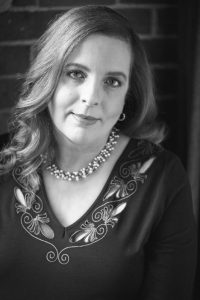 Anne Leigh Parrish lives in a forest in the South Sound Region of Washington State. Her poetry and prose are inspired by both the glories of nature and the follies of human beings. Her novel, A Winter Night (March 2021, Unsolicited Press) is the next installment in her popular Dugan Family Saga. Her debut poetry collection, The Moon Won’t Be Dared, arrives in October 2021 from Unsolicited Press.
Anne Leigh Parrish lives in a forest in the South Sound Region of Washington State. Her poetry and prose are inspired by both the glories of nature and the follies of human beings. Her novel, A Winter Night (March 2021, Unsolicited Press) is the next installment in her popular Dugan Family Saga. Her debut poetry collection, The Moon Won’t Be Dared, arrives in October 2021 from Unsolicited Press.A WINTER NIGHT
Category: Contemporary Women Writers, How To and Tips




